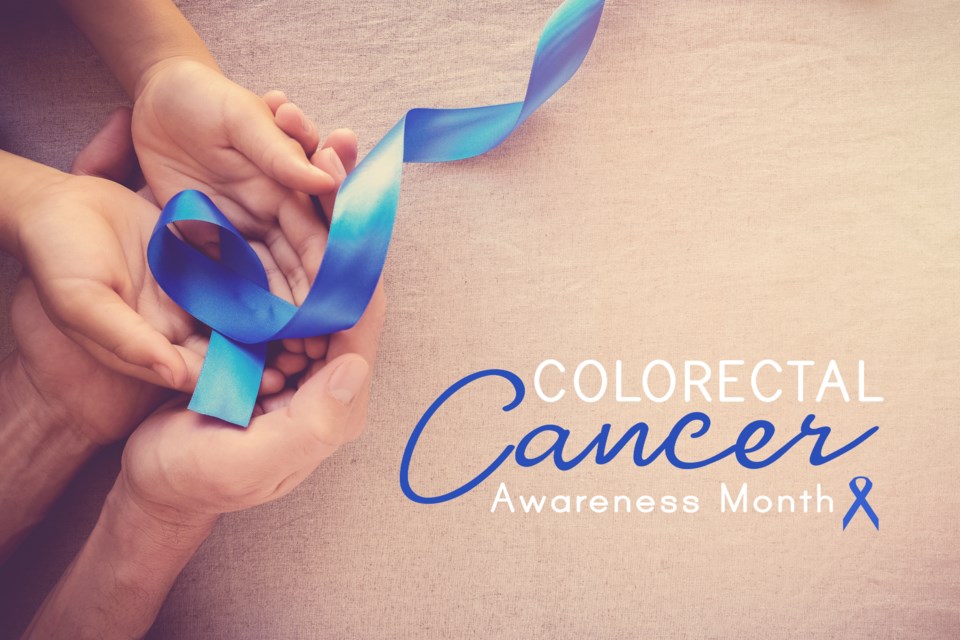Colorectal cancer poses a major public health challenge. Every year, about 153,000 new cases of this cancer are reported in the United States alone. It ranks as a leading cause of cancer-related fatalities in the country, despite being highly preventable and detectable.
As we commemorate Colorectal Cancer Awareness Month, it is crucial to underscore the vital significance of screening and awareness in averting this disease.
Early Detection Importance
The key to improving survival rates for colorectal cancer lies in regular screenings, which facilitate early detection. Starting at age 45—or earlier for those with a family history of the condition—adults are advised to undergo screenings. Methods include stool tests (such as fecal occult blood tests and fecal immunochemical tests), imaging tests like CT colonography, and endoscopic procedures like colonoscopy and flexible sigmoidoscopy. These screenings are crucial for detecting and removing polyps before they turn cancerous. Early detection through regular screening can significantly reduce the number of individuals who die from colorectal cancer by allowing for timely and effective treatment.
Approaches to Treatment
When colorectal cancer is detected at an early stage, treatment can be highly effective. Treatments may include surgery to remove cancerous polyps or parts of the colon, chemotherapy, radiation therapy, or a combination of these methods. Early-stage colorectal cancer may be treated successfully with minimal long-term impact on the patient's quality of life. However, the treatment becomes more complicated and less effective as the cancer progresses, highlighting the importance of early detection and intervention.
Strategies for Prevention
The likelihood of developing colorectal cancer can be significantly diminished through preventative strategies. These include a diet high in fruits, vegetables, and whole grains, regular exercise, limited alcohol consumption and cessation of smoking. Following the American Cancer Society's guidance, starting regular screenings at age 45 can detect early stages of cancer or pre-cancerous conditions when they are most treatable.
The Role of Education
Educating the public and raising awareness about the importance of colorectal cancer screening are critical for boosting participation in regular screening programs. Healthcare providers should communicate the benefits of early detection and the various screening options to their patients. Moreover, public health initiatives and community outreach efforts are instrumental in enlightening individuals about colorectal cancer screening and motivating them to actively manage their health.
The cornerstones of combating colorectal cancer include thorough screening, preventive measures and widespread education. By stressing regular
screenings, promoting healthy lifestyles, and informing the public, we can significantly mitigate the effects of colorectal cancer on individuals and society as a whole.
Patients can learn more about colon cancer screening tests from the following resources:
https://www.cdc.gov/cancer/colorectal/basic_info/screening/tests.htm
https://health.gov/myhealthfinder/doctor-visits/screening-tests/get-screened-colorectal-cancer
Dr. Maysaa El Zoghbi is a gastroenterologist at NYU Langone Hospital—Brooklyn.




